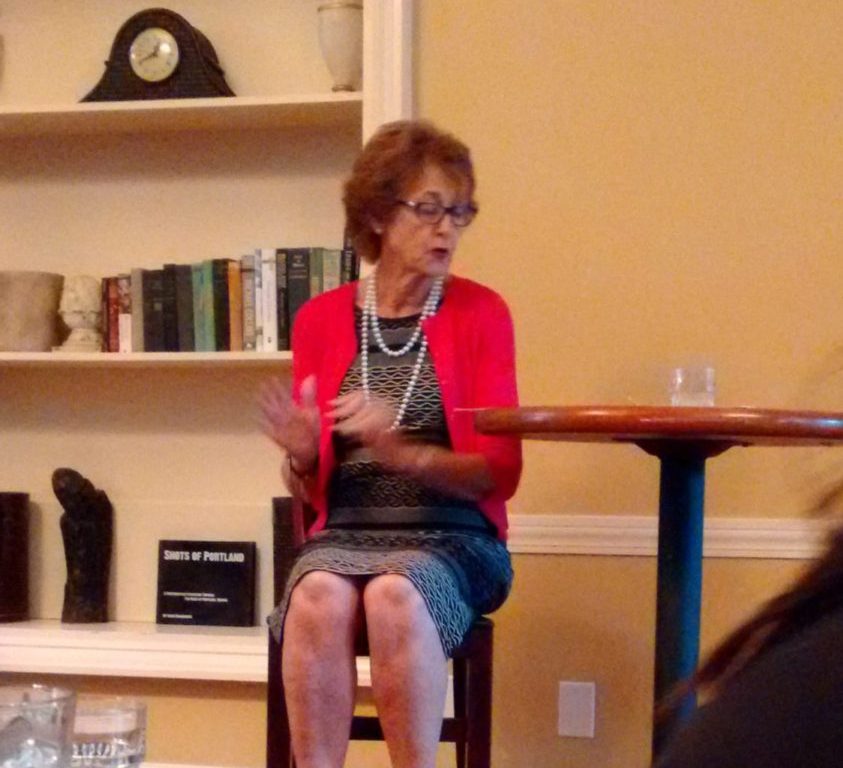
As Oregonians, the image of a pioneer connects deeply to our state’s beginning, led by people full of grit and determination.
It is also a fitting description for the legacy left behind by Multnomah County Commissioner Diane McKeel.
This word arose numerous times last Wednesday, when anti-trafficking agencies and government officials gathered to honor Commissioner McKeel as she completes her final term in office. McKeel began eight years ago with a clear vision of change in Multnomah County–ending the sex trafficking of our citizens.
“She started out when many people didn’t see it as a relative issue,” a Portland law enforcement representative commented in an opening speech. “[Her] leadership on this issue has mattered; it’s why we’re all here today.”
Commissioner McKeel admitted that she, too, was ignorant about the reality of sex trafficking in Multnomah County until she attended Citizens Academy while running for her first term in office. An officer spoke to the class about what was happening, and she was shocked to learn that this was also a “domestic” issue. She immediately walked up to the officer afterwards and asked, “What can I do?” They began training school counselors in the Metro area, and she soon decided it would be a major focus while she was in office.
“They’re our children,” McKeel reminded listeners this Wednesday evening. “If we don’t do something about it, who is going to step up for these children?”
“It’s an ugly issue–but you have to engage. You cannot turn your back.”
McKeel’s first step as a pioneer in office was to raise the level of awareness. She would speak wherever she had the opportunity, and ask others to share what they had learned with their friends and family. Next, she focused on better supporting victims. Perhaps one of her greatest legacies is the CSEC (Commercial Sexual Exploitation of Children) Steering Committee, a collaborative approach made up of district attorney’s, law enforcement, DHS workers, and nonprofit representatives. By approaching the issue as a partnership, Oregon has become known across the nation as a pioneering example of effective anti-trafficking work.
Compassion Connect is an example of this effective method of awareness and collaboration. When co-founder Gary Tribbett and other church leaders approached Commissioner McKeel in 2009, they were merely looking for opportunities to meet needs in the community. Instead, their eyes were opened to the enormous issue of trafficking, which had been undercover for so long.
They determined immediately that this was an issue in which the church needed to engage. Volunteers, eager to learn more, began attending CSEC meetings, researching local organizations, and compiling lists of anti-trafficking resources for the local church. And Abolition Now was born.
“That’s what it takes,” pressed Commissioner McKeel. “All of us working together.”
During the evening, Commissioner McKeel also highlighted some of the legislation they were able to introduce while in office, including the development of SBAD, or “John school,” and stricter penalties for offenders.
She says she is proudest of this unified effort to work effectively together in Multnomah County. “Collaboration has been key to our success,” she commented in her concluding remarks. Next, she hopes to strengthen prevention work through school curriculum, youth leadership, and other programs.
“My term might be ending, but I will never, ever leave this work.”

